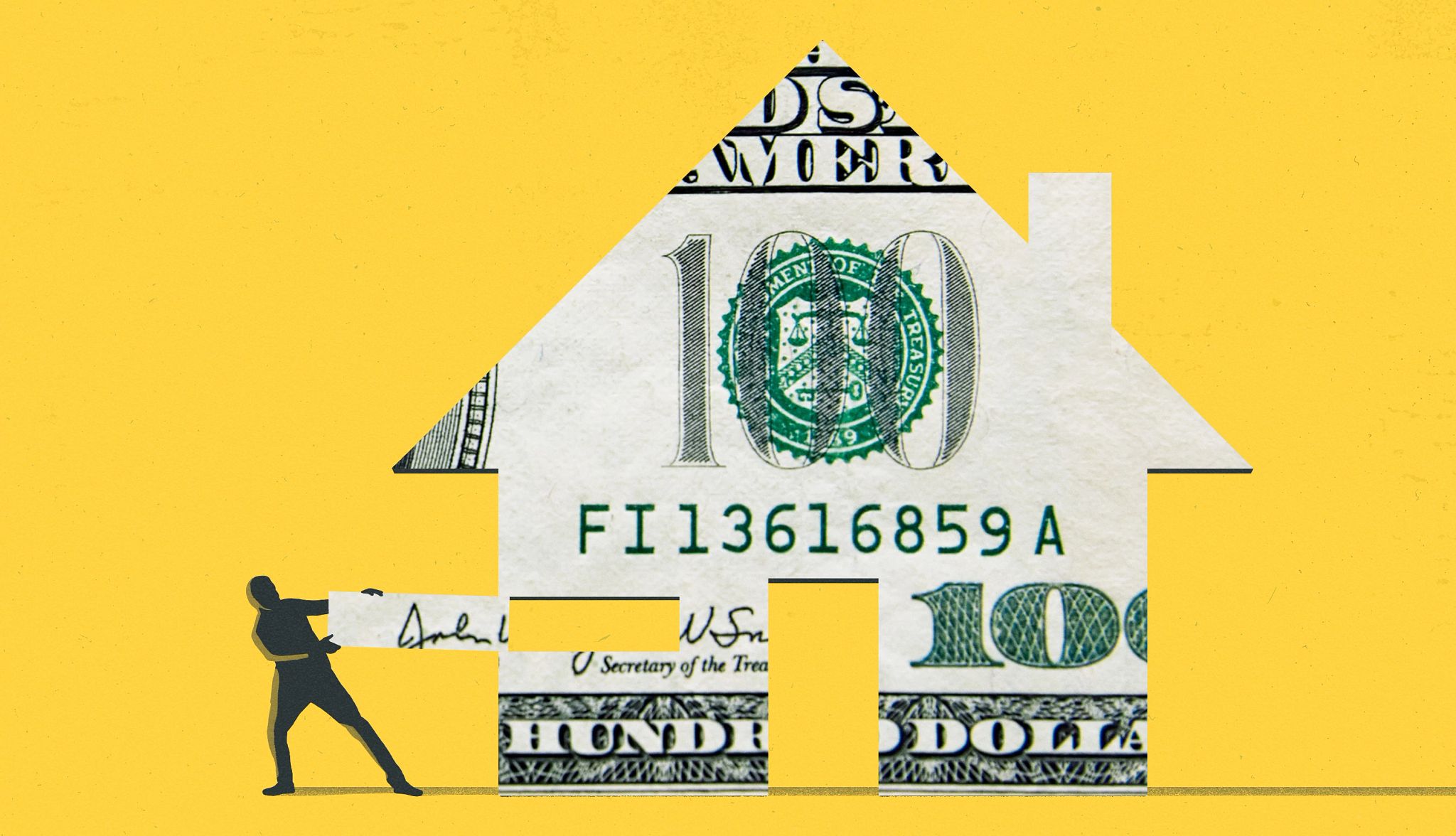AARP Hearing Center


When you own a home, you build equity in the property over time — equity that you can borrow from if you’re ever in need of cash.
Home equity loans, cash-out refinances and home equity lines of credit (HELOCs) are common strategies for doing this. If you’re an older homeowner, you may have another option: a reverse mortgage. But these mortgages are complicated, carry the risk of foreclosure and are not suitable for every homeowner
What is a reverse mortgage?
A reverse mortgage is a type of loan against your house. But unlike with a traditional mortgage, you don’t make monthly payments to a lender. Instead, the lender pays you, essentially working in “reverse,” as the name suggests. Generally, you need to be 62 or older to qualify.
With a reverse mortgage, you borrow a portion of your home equity. You can choose to receive monthly payments for a set period of time ("term) or for as long as you live in the home ("tenure); a one-time lump sum; a line of credit; or a combination of these options.
Although you don’t make any payments on a reverse mortgage, interest and fees do accrue. This means that your loan balance will increase over time, since you are not making payments on the debt. You are still responsible for paying property taxes, homeowners insurance, HOA dues and assessments. You’re also responsible for keeping the property maintained.
How do you repay a reverse mortgage?
“With a reverse mortgage, the borrower doesn't have to make loan payments for as long as they live in the home and reside in the home as their primary residence,” says Lori Trawinski, director of finance and employment at the AARP Public Policy Institute. That requires living in the home at least six months out of the year.
Any origination fees or upfront costs that are rolled into the loan will accrue interest over time. However, you don’t have to repay the loan unless you sell the home, pass away or permanently move from the property, which might happen if you move to a nursing home or an assisted living facility.
In most cases, the loan balance is paid off through the sale of your home, says Jackie Boies, a senior director and reverse mortgage counselor at Money Management International, a debt counseling nonprofit. “If your home sells for more than the loan amount, any remaining equity goes to you or your heirs” when you pass.




































































More From AARP
6 Times When You Should Update Your Will
Don’t just set and forget this key part of your estate planGetting Married After 50? Here’s How to Merge Your Financial Lives
Couples who say “I do” in their later years face a unique set of challengesWhy You Should Give Yourself Permission to Spend Your Hard-Earned Money
How living a little can be good for your emotional well-being